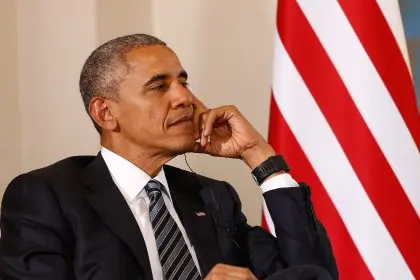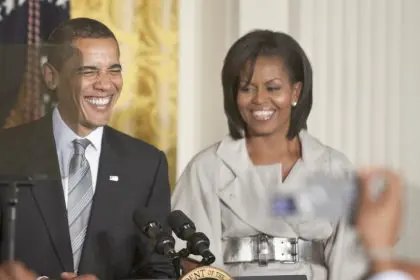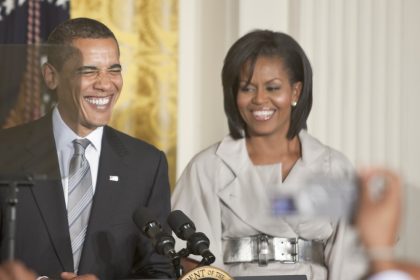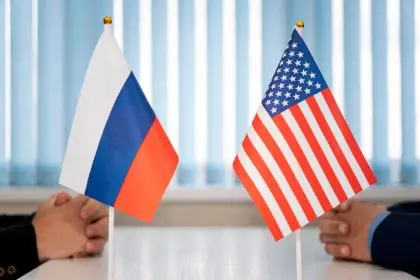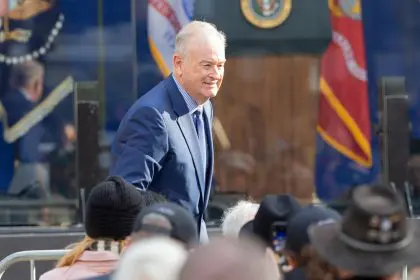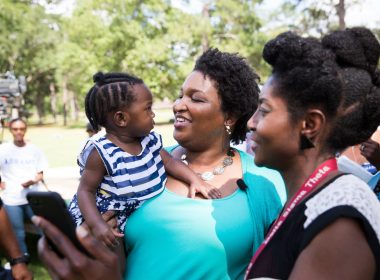
Neither Mitt Romney nor Paul Ryan were able to really articulate why they were on the wrong side of an election day “smack-down,” so someone within Romney’s camp had to mop up behind his former boss’s tortured and messy explanations.
As Mitt Romney journeyed to the White House to meet with President Obama for the first time since being pounded on Election Day on Nov. 6, the former Massachusetts governor’s top adviser, Stuart Stevens, candidly discussed with “CBS This Morning” why they got walloped in the Electoral College:
“I think we should have done a better job reaching out to women voters,” He added that Romney should have also done a better job with Hispanic voters. “We should have done it earlier and in a more effective way.”
Stevens, however, also credited the Obama campaign for their message to voters who approved of the president’s job.
“The Obama campaign did a very good job of speaking to voters who felt that his presidency had been a success,” Stevens said. Stevens also complimented the Obama camp, saying they “ran a great campaign.” He said Romney ran a national campaign while the president ran a campaign focused on issues specific to a select number of key battleground states.
Romney “wanted to talk about big national issues — debt, entitlements, the future of the country. He wanted to put big questions before the country,” Stevens said.
At least someone within the Mitt Romney-Paul Ryan camp has accepted completely responsibility for losing the election they thought they were going to run away with and instead were “shellshocked” because it was a landslide victory for the incumbent president. Both Romney and Ryan tried to skillfully deflect blame, saying they lost because of Obama’s ability to galvanize women, college students and minorities and get them to the polls by promising “gifts,” though neither Romney nor Ryan went into specifics about what these “gifts” were. Ryan went so far as to say he was shocked at how successful Obama was with “urban areas” (a euphemism for “blacks” and “Hispanics”) in getting them to vote in higher numbers than previously predicted.

